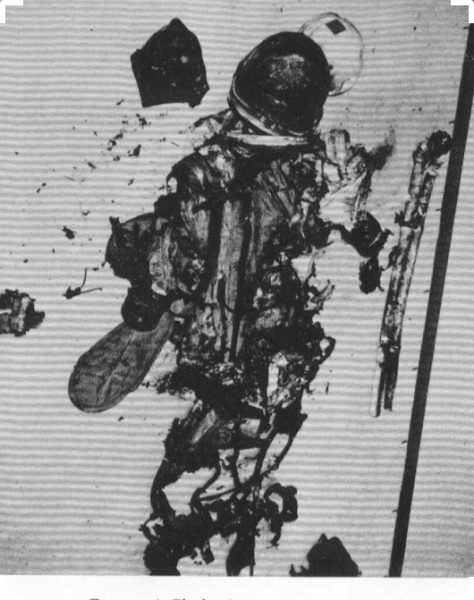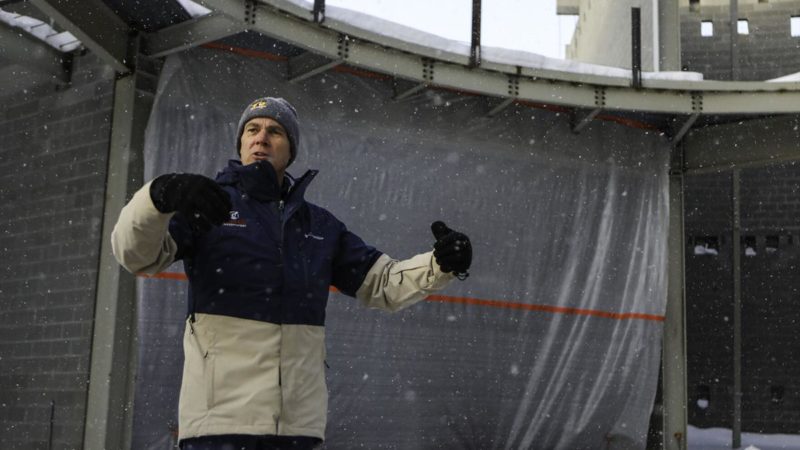How many astronauts have died in space? – Astronomy Magazine
Astronaut Gus Grissom’s flight suit following the Apollo 1 fire in 1967, which killed Grissom, Ed White, and Roger Chaffee.
National Archives
“We had done exactly the same test the night before but without the hatch closed, so we weren’t on 100 percent oxygen,” Walter Cunningham, Lunar Module Pilot of Apollo 7, told Astronomy. “So, when the [Apollo 1] crew died, it was a couple of weeks later before they started picking up the pieces, and at which point we were assigned the prime crew of the first manned Apollo mission.” A little less than two years later, in October 1968, Cunningham, Wally Schirra, and Donn Eisele became the first Apollo crew to successfully venture into space.
Over the next three years, Apollo astronauts completed seven more missions — including the first Moon landing during Apollo 11 and the ill-fated Apollo 13 mission. Then, on June 30, 1971, humankind witnessed the first (and, so far, only) deaths to occur in space.
The Soyuz 11 disaster
The first space station to park itself above Earth’s atmosphere was the USSR’s Salyut 1, which launched (unmanned) on April 19, 1971. Just a few days later, a crew of three Soviets blasted off aboard Soyuz 10 with the goal of entering the space station and staying in orbit for a full month. Though the Soyuz 10 crew docked safely with the Salyut 1, issues with the entry hatch prevented them from entering the space station. During their premature return trip back to Earth, toxic chemicals leaked into the air supply of Soyuz 10, causing one cosmonaut to pass out. However, all three members of the crew ultimately made it home safe with no long-lasting effects.
Just a few months later, on June 6, the Soyuz 11 mission took another crack at accessing the space station. Unlike the previous crew, the three Soyuz 11 cosmonauts — Georgi Dobrovolski, Vladislav Volkov, and Viktor Patsayev — successfully entered Salyut 1. Once aboard, they spent the next three weeks not only setting a new record for the longest time spent in space, but also carrying out loads of experiments focused on how the human body deals with extended periods of weightlessness.






